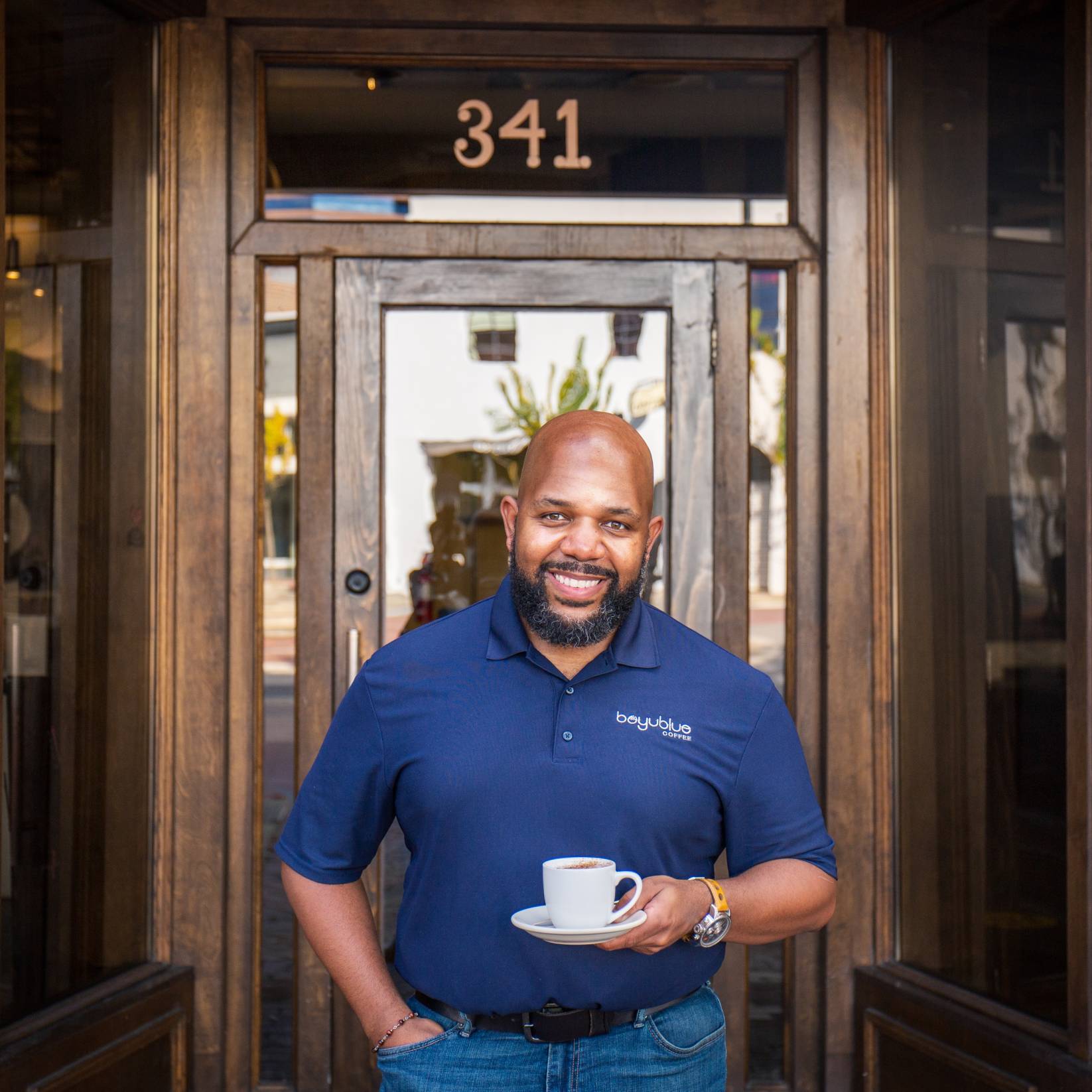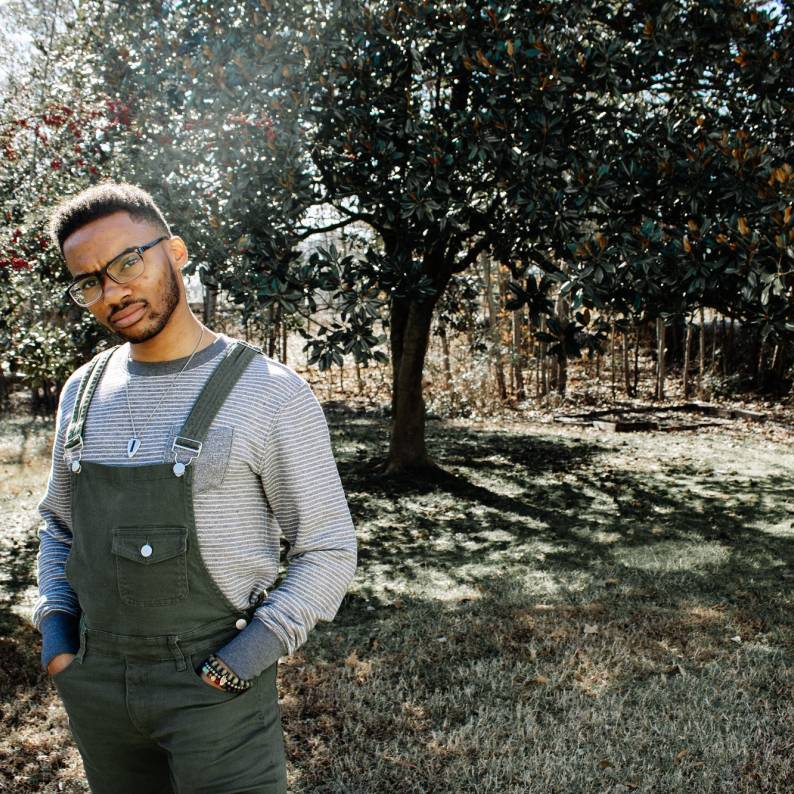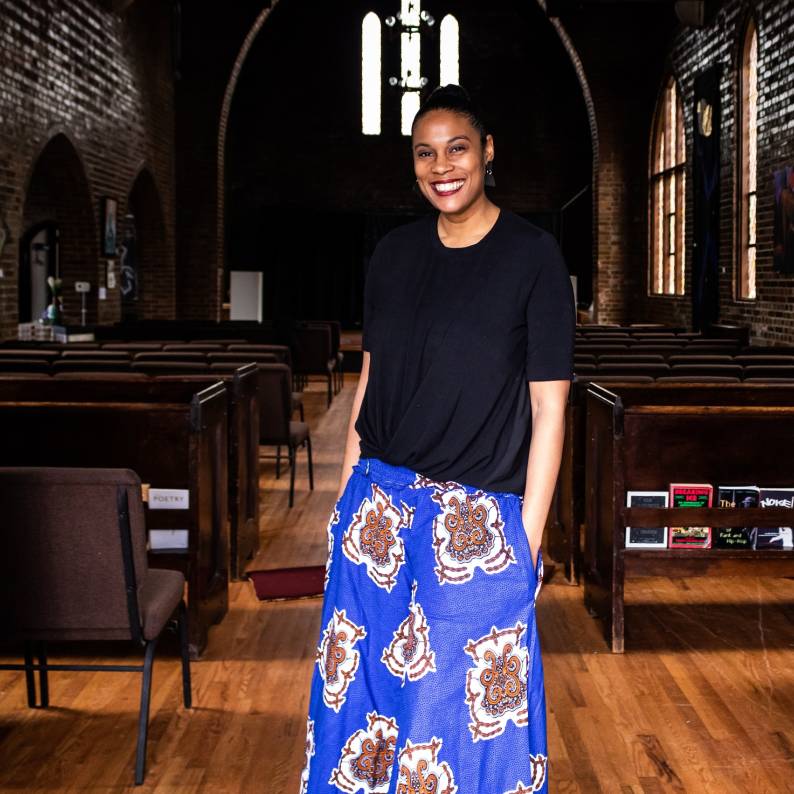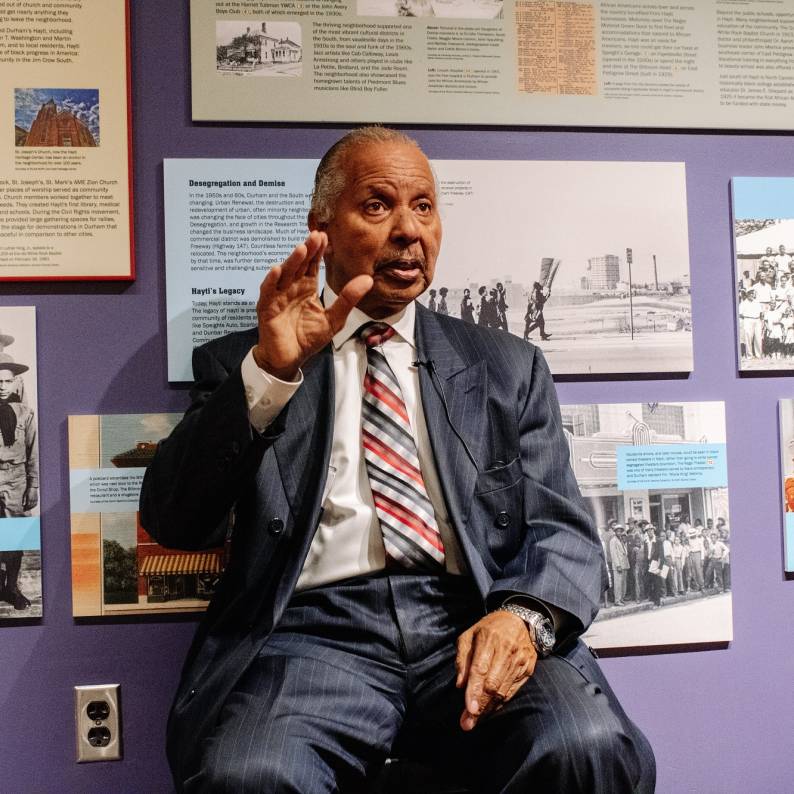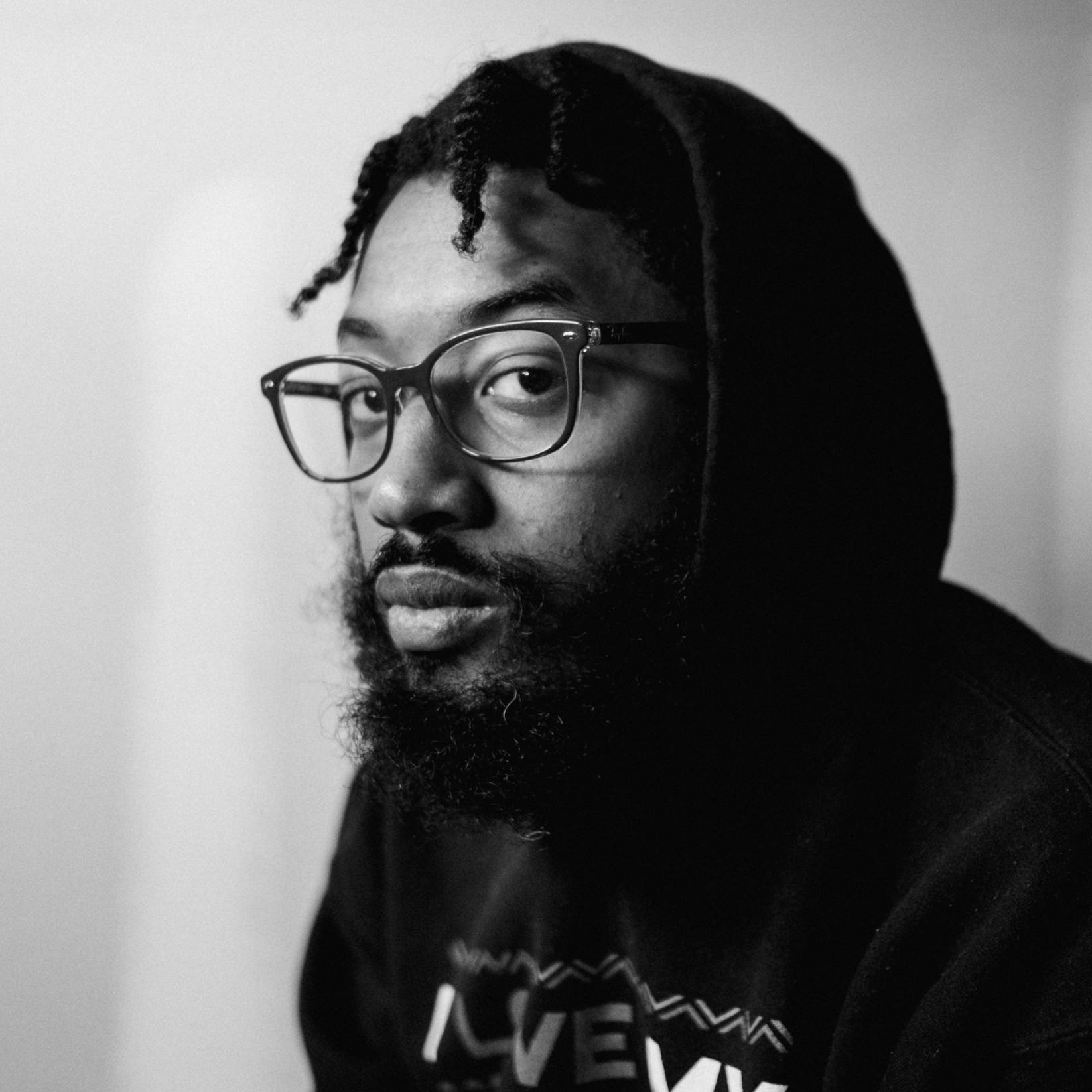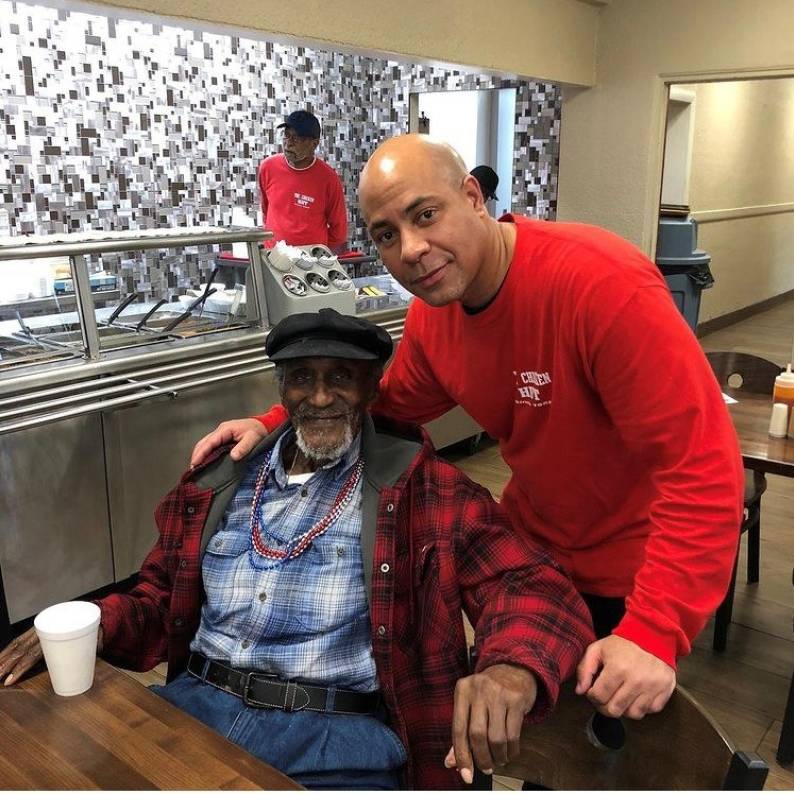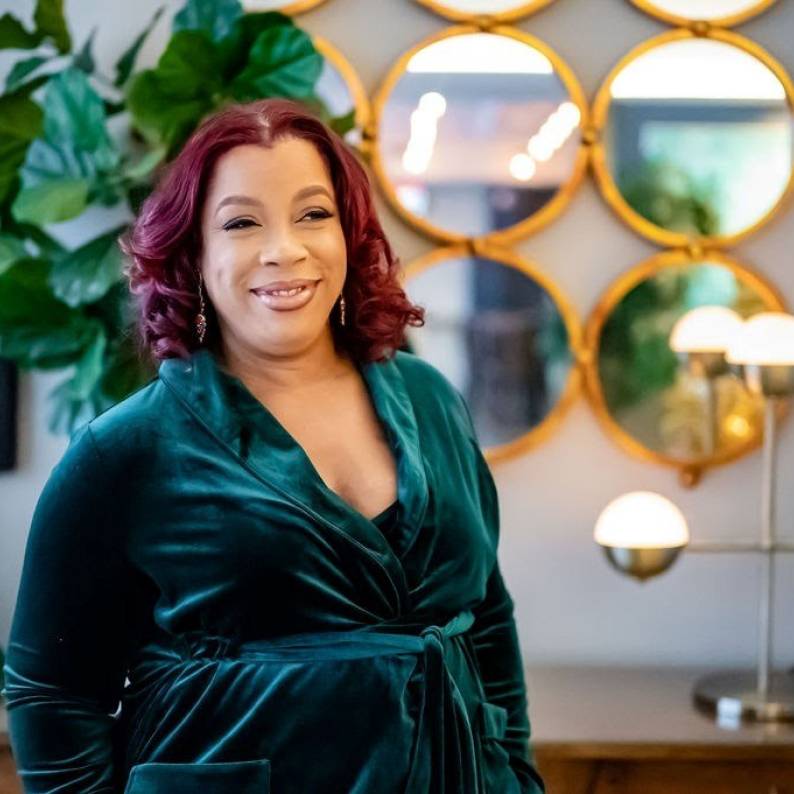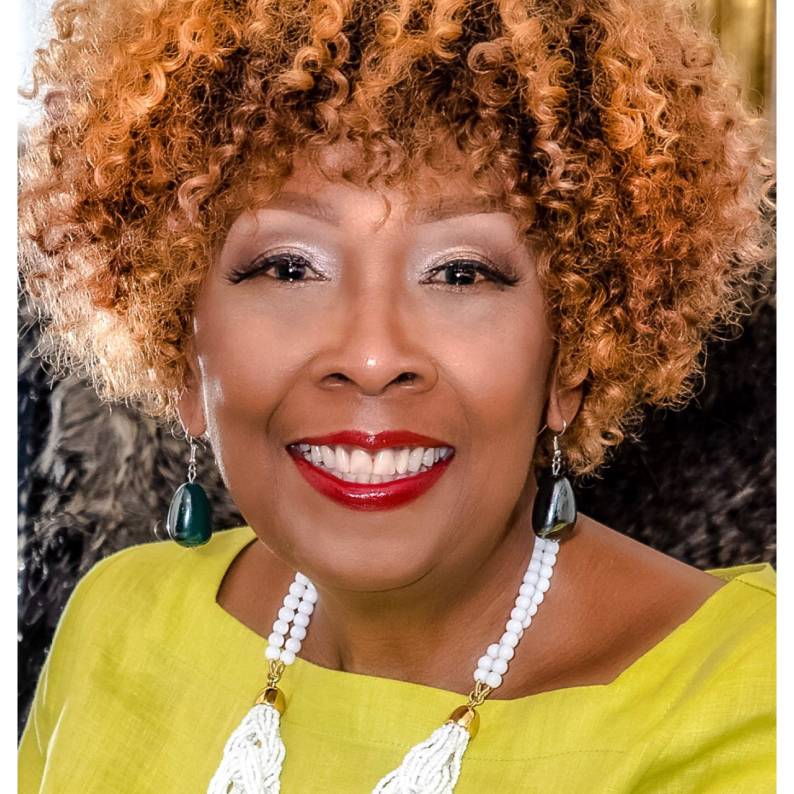Durham’s Story
The history of Black people in Durham, like that of Black people throughout the United States, is a harrowing and resilient one.

Stagville Plantation
Durham's Black History
Like much of the antebellum South, Durham was home to several plantations during the 1800s, including Stagville, one of the largest in the region. Approximately 900 enslaved Black people lived and worked on its 30,000 acres. These individuals' lives are well documented: they worked as laborers, skilled craftsmen, and artisans who built most of the plantation buildings. Within their quarters, rich cultural traditions were cultivated, including crafts, music, dance, and social customs often continued from African origins.
Following the end of the Civil War, a contingent of Black people in Durham were able to attempt to establish a safe haven from the continued injustice of sharecropping and Jim Crow, leaving plantations as free persons and carving out their own communities and opportunities. They formed the Hayti neighborhood, which developed into a thriving business and residential district that received national acclaim for empowering Black people, including written praise from W. E. B. Du Bois and Booker T. Washington. Around the same time, efforts were made to provide Black people with educational opportunities, including the founding of Dr. James E. Shepard's National Religious Training School and Chautauqua, which later became North Carolina Central University (NCCU), the first state-supported liberal arts college for Blacks in the nation.
In a display of incredible strength and fortitude, Black people created an era of ingenuity (including John Merrick's founding of North Carolina Mutual Life Insurance Company, historically the largest and longest-standing African American-owned life insurance company in the nation, in 1889 and the founding of Mechanics & Farmers Bank in 1907). Of course, many still suffered from poverty and a lack of opportunity due to segregation and Jim Crow laws. In response, Black Durhamites made strides as leaders of the civil rights movement. They built businesses to protect and fortify their communities on Black Wall Street – a landmark that still stands as an iconic epicenter of entrepreneurial genius.
Dr. Martin Luther King Jr. knew Durham well, and he visited five times. He first spoke at Hillside High School in 1956, stating, "If democracy is to live, segregation must die." But his most famous speech in Durham came on February 16, 1960, at the original White Rock Baptist Church. About 1,200 people heard him speak at the standing-room-only event. King advocated nonviolent confrontation and other forms of direct action for the very first time, stating, "Let us not fear going to jail. If the officials threaten to arrest us for standing up for our rights, we must answer by saying that we are willing and prepared to fill up the jails of the South."
Another famous Durham civil rights advocate, Dr. Pauli Murray (1910-1985), advocated for gender and racial equality. As the first woman — queer woman, at that — to be ordained as an Episcopal priest, and the first Black person to earn a JSD from Yale Law School, Murray was a trailblazer. You can find murals celebrating Murray's life across Durham, in addition to her childhood home, which was named a National Historic Landmark by the Department of the Interior.

Hayti Heritage Center
Black Stories Today
Black history has led to pathways of possibility as exemplary Black minds contemplate and build new legacies. The seeds of equality and justice that were planted here long ago have blossomed into a colorful community full of Black-owned restaurants, businesses, and startups, with many at the cutting edge of their industries. Today, if you walk through Black Wall Street, you will see bronze sculptures commemorating the street's history alongside Black-owned businesses —both old and new.
In the 1970s, urban renewal and the development of the Durham Freeway caused the demolition of much of the Hayti neighborhood, severing it from the Black business district and Black Wall Street. Today, the neighborhood's cultural and thought leaders work to guide its recovery. The Hayti Heritage Center stands to preserve and advance the heritage and culture of historic Hayti & the African American experience with events, programs, and festivals. North Carolina Central University, a Hayti community landmark, consistently ranks as a top Historically Black College or University. It proudly offers programs at the baccalaureate, master's, professional and doctoral levels, preparing students to succeed in the global marketplace.
In addition to paving new opportunities and possibilities, Black people are continuing the legacy of the people and places that are a permanent part of Durham's heritage. Throughout the city, you'll find public art dedicated to celebrating the Black history and artists of Durham. Contemporary storytellers, business owners, thought leaders and community organizers stand on the shoulders of those who came before them, continuing the work of healing the wounds of the past and developing a brighter future.
Durham's Black Leaders
